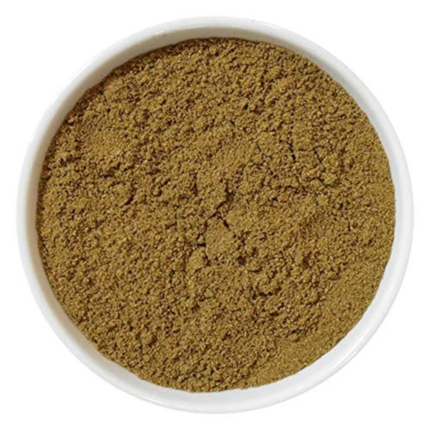
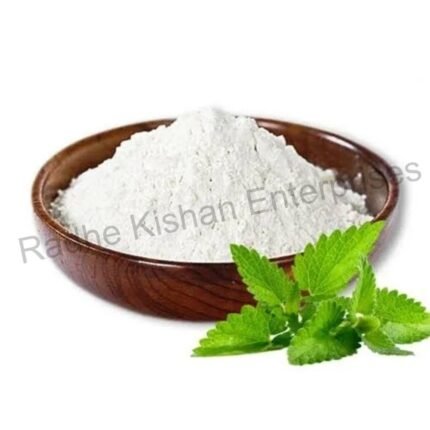
Babul Extract
₹14,500.00 Original price was: ₹14,500.00.₹14,000.00Current price is: ₹14,000.00.
Babul Extract is derived from the bark, leaves, or pods of the Acacia nilotica tree, commonly known as Babul, Indian gum Arabic tree, or Kikar. This extract is highly valued in traditional medicine due to its wide range of therapeutic properties and uses.
Key Features:
Active Components: Rich in tannins, flavonoids, gallic acid, and saponins, which contribute to its medicinal properties.
Appearance: Typically a dark brown to black powder, paste, or liquid extract, depending on the form of preparation.
Aroma and Taste: Mildly woody aroma with an astringent and slightly bitter taste.
Health Benefits:
Oral Health: Traditionally used to strengthen gums, prevent tooth decay, and combat bad breath. Often included in herbal tooth powders or mouthwashes.
Antimicrobial Properties: Effective against bacteria, fungi, and viruses, making it useful for wound healing and infection prevention.
Anti-inflammatory: Helps reduce inflammation in conditions like arthritis or skin irritation.
Digestive Health: Acts as a natural astringent to address diarrhea and other gastrointestinal issues.
Skin Care: Aids in treating minor wounds, rashes, and acne due to its antiseptic and astringent qualities.
Uses:
Oral Care: Key ingredient in herbal toothpaste, mouth rinses, and gum care products.
Traditional Medicine: Used in Ayurveda and Unani systems for managing conditions like dysentery, ulcers, and respiratory issues.
Cosmetics: Incorporated into skin-care formulations for its antimicrobial and soothing properties.
Pharmaceuticals: Used in formulations targeting digestive and inflammatory conditions.
Babul extract is a versatile natural remedy, especially recognized for its contributions to oral and skin health, with centuries of usage in traditional healing practices.

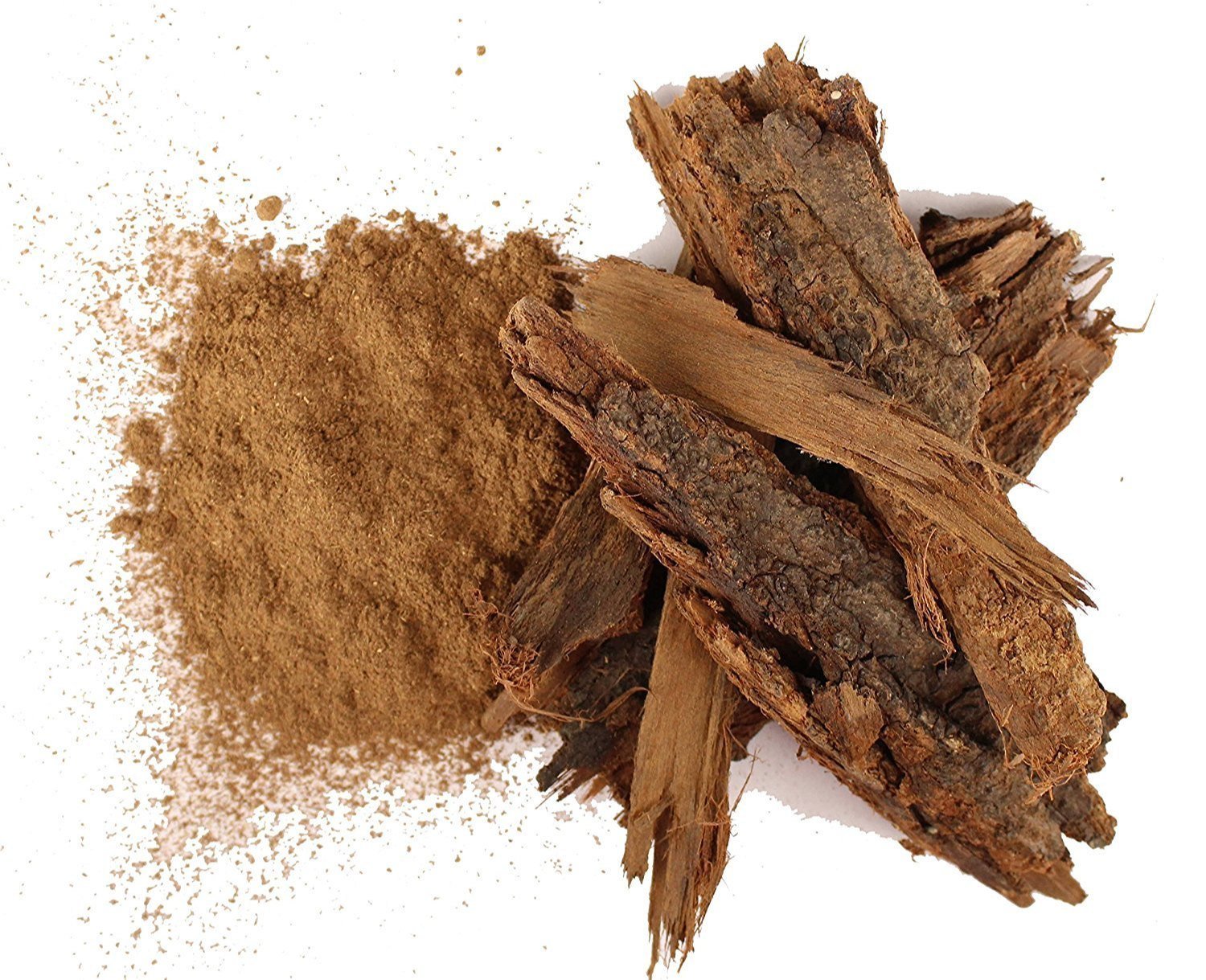
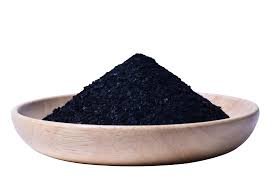
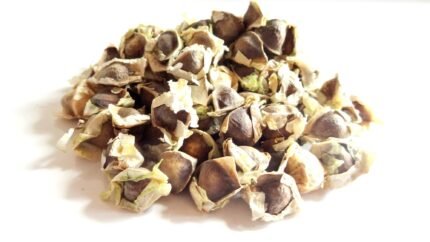
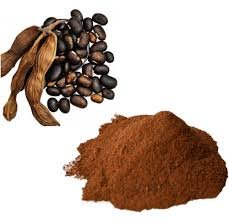

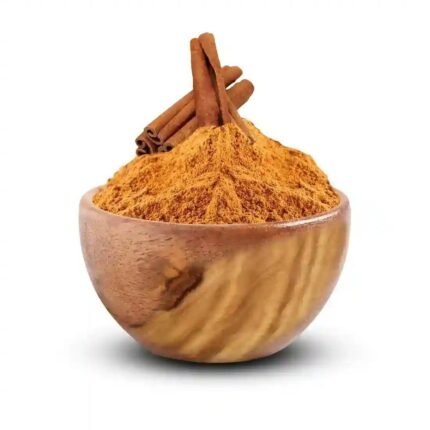
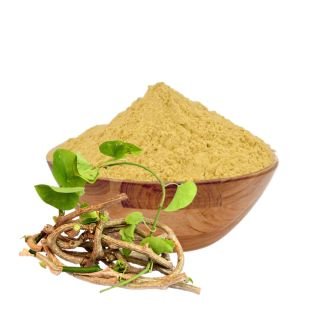
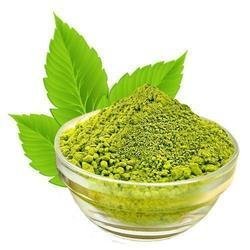
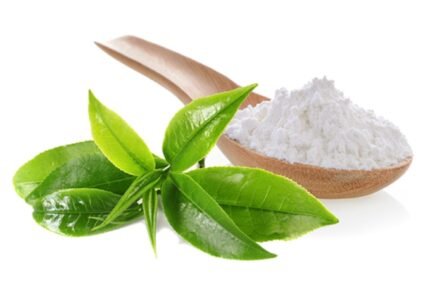

Reviews
There are no reviews yet.